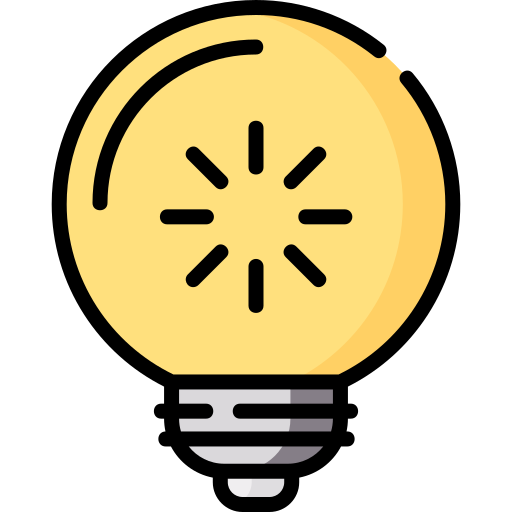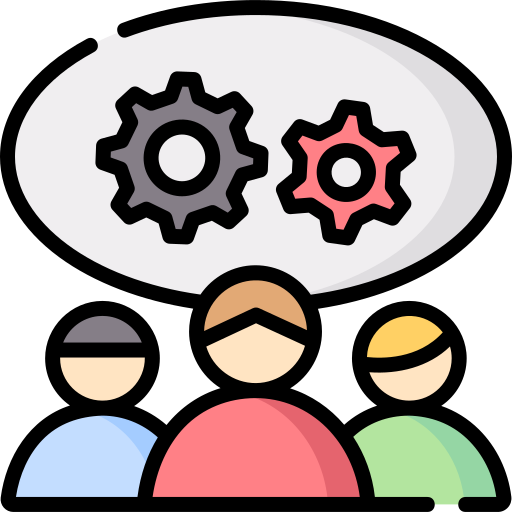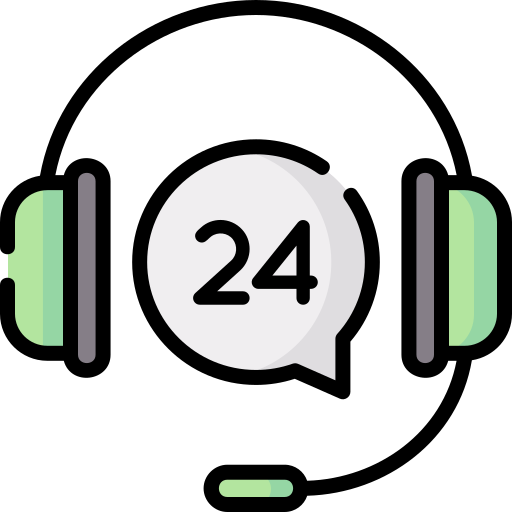PE 7 - Reading Comprehension | Reading Comprehension
Join our Telegram Channel for CAT/MBA Preparation.
Answer the following questions based on the passage given below.
Most diseases or conditions improve by themselves, are self—limiting, or even if fatal, seldom follow a strictly downward spiral. In each case, intervention can appear to be quite efficacious. This becomes all the more patent if you assume the point of view of a knowing practitioner of fraudulent medicine.
To take advantage of the natural ups and downs of any disease (as well as of any placebo effect), it's best to begin your treatment when the patient is getting worse. In this way, anything that happens can more easily be attributed to your wonderful and probably expensive intervention. If the patient improves, you take credit; if he remains stable, your treatment stopped his downward course. On the other hand, if the patient worsens, the dosage or intensity of the treatment was not great enough; if he dies, he delayed too long in coming to you.
In any case, the few instances in which your intervention is successful will likely be remembered (not so few, if the disease in question is self—limiting), while the vast majority of failures will be forgotten and buried. Chance provides more than enough variation to account for the sprinkling of successes that will occur with almost any treatment; indeed, it would be a miracle if there weren't any "miracle cures. "
Even in outlandish cases, it's often difficult to refute conclusively some proposed cure or procedure. Consider a diet doctor who directs his patients to consume two whole pizzas, four birch beers, and two pieces of cheesecake for every breakfast, lunch, and dinner, and an entire box of fig bars with a quart of milk for a bedtime snack, claiming that other people have lost six pounds a week on such a regimen. When several patients follow his instructions for three weeks, they find they've gained about seven pounds each. Have the doctor's claims been refuted?
Not necessarily, since he might respond that a whole host of auxiliary understandings weren't met: the pizzas had too much sauce, or the dieters slept sixteen hours a day, or the birch beer wasn't the right brand. Number and probability do, however, provide the basis for statistics, which, together with logic, constitutes the foundation of the scientific method, which will eventually sort matters out if anything can. However, just as the existence of pink does not undermine the distinction between red and white, and dawn doesn't indicate that day and night are really the same, this problematic fringe area doesn't negate the fundamental differences between science and its impostors.
The philosopher Willard Van Orman Quine ventures even further and maintains that experience never forces one to reject any particular belief. He views science as an integrated web of interconnecting hypotheses, procedures, and formalisms, and argues that any impact of the world on the web can be distributed in many different ways. If we're willing to make drastic enough changes in the rest of the web of our beliefs, the argument goes, we can hold to our belief in the efficacy of the above diet, or indeed in the validity of any pseudoscience.
The claim that "it would be a miracle if there weren't any ?miracle cures' " would be most weakened by evidence that showed that:
- (a)
some crackpot treatments have turned out to have authentic medical benefit.
- (b)
the possibility of improvement is nonexistent during the course of many illnesses.
- (c)
the number of fraudulent medical practitioners has dwindled considerably.
- (d)
some patients recover from illness without any sort of intervention at all.
Answer: Option B
Workspace:
In the context of the passage, its discussion of various medical conditions, and the particulars of those conditions, the term self—limiting refers to medical conditions that:
- (a)
run a definite course that does not result in the patient's death.
- (b)
impair the patient's ability to engage in everyday activities.
- (c)
have a very high rate of mortality.
- (d)
never shows improvement.
Answer: Option A
Workspace:
Suppose that in order to demonstrate the legitimacy of his work, a faith healer compiles a book of interviews of people who swear that he has cured them just by blessing them. The author would most likely respond by asserting that:
- (a)
eyewitness testimony of emotional events tends to be unreliable.
- (b)
the interviewees would have gotten better without the healer's intervention.
- (c)
the ability to cure people does not justify shameless self—promotion.
- (d)
the interviewees have been deluded into thinking that they have improved when they have not.
Answer: Option B
Workspace:
According to the passage, which of the following is most likely to be the best way to determine whether a practitioner's intervention is worthwhile or not?
- (a)
Keep a record of the time it takes for a patient to respond to the practitioner's treatment
- (b)
Keep a record of the number of patients the practitioner has treated successfully
- (c)
Keep a record of the dosage that the practitioner employs in his treatment
- (d)
Keep a record of both the successes and failures of the practitioner
Answer: Option D
Workspace:
Based on the information in the passage, which of the following opinions could most reasonably be ascribed to the author?
- (a)
Too often nothing truly effective can be done to ameliorate the illness of a patient.
- (b)
There is no way that pseudoscience will ever be eliminated.
- (c)
Beliefs can be maintained even in the absence of strong supporting evidence.
- (d)
Experience never forces one to reject any particular belief.
Answer: Option C
Workspace:
Doctors and scientists continue to debate whether certain types of alternative medicine are scientific or pseudoscientific. How is this information relevant to the passage?
- (a)
It weakens the claim that one can hold on to whatever pet theory one fancies.
- (b)
It weakens the claim that the scientific method is useful in sorting science from pseudoscience.
- (c)
It strengthens the claim that there is a fundamental difference between medicine and science.
- (d)
It strengthens the claim that science and pseudoscience cannot always be distinguished.
Answer: Option D
Workspace:
The author of the passage would most likely inclined to agree with the individual who argues that W.V.O. Quine's philosophical views are:
- (a)
extreme, because some beliefs can be proven to be either true or false.
- (b)
insightful, because any set of beliefs has to be as valid as any other.
- (c)
flawed, because they do not explain why anyone would reject any belief.
- (d)
bankrupt, because they do not apply to any particular situation.
Answer: Option A
Workspace:
Feedback
Help us build a Free and Comprehensive Preparation portal for various competitive exams by providing us your valuable feedback about Apti4All and how it can be improved.
 Solution
Solution Discuss
Discuss Report
Report